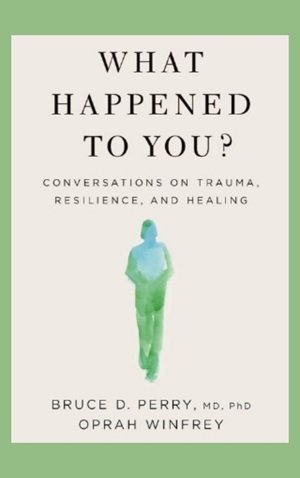Javier, a Salvadoran poet, shares his 9-year-old odyssey crossing the border to reunite with his U.S.-based parents. Javiercito confronts thirst, hunger, terror, and the specter of death. The narrative, seen through a child’s eyes, remains utterly enthralling. Despite being 33 now, Javier endured a healing process to pen this book, Solito.
“If there’s any justice, Solito will someday be considered a classic.” Rumaan Alam
Emigration from El Salvador to the United States
His father departed first, leaving Javier with only memories of his voice. It happened when Javier was a little child. At 5, his mother migrated to the U.S., leaving him in his aunt’s and grandparents’ care. Aged 9, Javiercito embarked on the border-crossing journey from Mexico to the U.S., guided by the trusted Coyote. The book meticulously recounts Javier’s trials to reunite with his parents, transforming a two-week try into two months. It is a poignant tale rich in innocence, adversity, resilience, and strife.
Solito is a must-read, offering insight into the hardships of migration. Indeed, I never envisioned or empathized with those compelled to undertake these journeys to pursue a better life. “Empathy” encapsulates the essence of this book.
I, too, migrated from Colombia to Paraguay a decade ago, comprehending the migrant experience. While my journey differed from Javiercito’s, undertaken more conventionally with proper documentation, my motive was different—I came to be with my partner.
Yet, his narrative heightened my awareness of many’s sufferings, all chasing the mirage of a brighter future. How profound must their desperation be to stake their lives? The arduous conditions in their home country likely propel them, making the gamble worthwhile.
In our news consumption, we often fail to empathize with or grasp the trials these individuals endure to realize their dreams. We may silently judge due to ignorance. It prompts me to question our collective humanity, or the lack thereof, in understanding the struggles of others.
Negative news from distant areas frequently floods our screens, yet we remain indifferent to the pain others suffer. I don’t propose universal suffering for all, but fostering more empathy and understanding toward the daily struggles of fellow humans seems vital. Together, we might instigate actions that usher positive changes in our society. A collective commitment to internal change, marked by more empathetic actions, could catalyze transformative societal shifts.
The essence of “Solito”: a journey into empathy
So, what exactly is empathy? It’s the ability to understand and share someone else’s feelings. Empathy means stepping into their shoes, grasping their emotions, and responding appropriately—seeing the world through their eyes, not just our own.
Empathy, a crucial social skill, nurtures relationships and fosters better communication. I believe this skill could end many wars where people fail to comprehend and accept differences, turning others into perceived enemies and justifying violence.
A core value in the book is humanity—treating others with respect and dignity, as seen in Patricia, Chino, and Carla supporting Javiercito. Patricia and Carla, mother-daughter, awaited family in the USA. Carla’s friend Chino joined their makeshift family, crossing the border and supporting Javiercito through hardships.
Without them, the child might not have overcome challenges. Chino even became Javiercito’s support during exhausting stretches, carrying him on his back, displaying remarkable humanity.
Indeed, it’s a book worth reading. Javier’s simple narration takes us through a range of emotions. It’s incredible that a 9-year-old faced and overcame the journey to the USA from El Salvador. I think Javier was mentally and emotionally prepared for it from an early age. He did not fail despite the pain, hunger, the uncertainty, the heat, and the fatigue. From his perspective, challenging situations that might daunt an adult appeared less formidable, allowing him to persevere.
Javier Zamora
Javier Zamora’s story is equally astonishing. A poet, writer, and activist, he excelled in the USA despite betrayal and abandonment during his border crossing. Participating in an online interview at “Se Regalan Dudas” book club, he shows his transparency, vulnerability, and natural resilience, deepening my admiration. I liked his book when I read it, but when I heard him speak, I liked it even more, as well as his story.
In conclusion, I’m captivated by stories of human resilience, and Solito is a highly recommended read.



